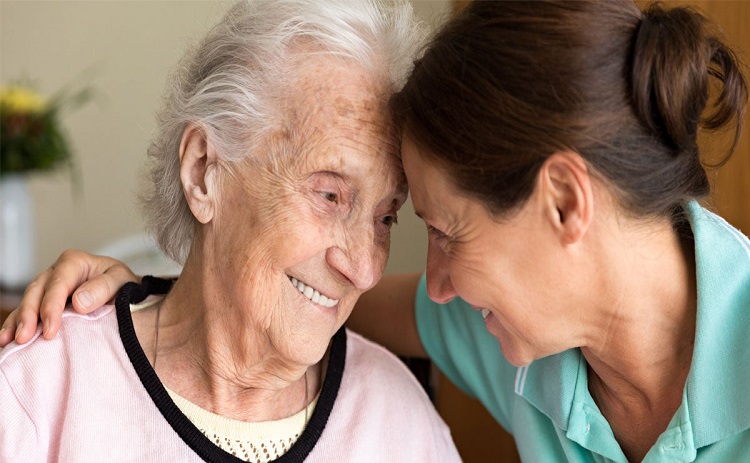
Let’s have a chat about mental health in older adults because, you know, it’s time to break some stereotypes and kick stigma to the curb. Older adults are often painted with a broad brush, but the reality is far more nuanced when it comes to their mental well-being.
First things first, let’s address the elephant in the room – the stigma. Society sometimes has this way of making assumptions about mental health and ageing. Like, “Oh, they’re old, they’re probably not dealing with much.” Well, guess what? Mental health doesn’t magically disappear with age. Older adults face unique challenges, and we need to shine a light on that.
Loneliness, for instance, can be a real kicker. The kids might have flown the nest, friends may have moved on, and suddenly, it’s just a bit too quiet. But here’s the thing – loneliness can seriously mess with mental health. It’s not just about keeping someone company; it’s about staying connected, feeling valued, and having a sense of purpose.
Then there’s the whole grief thing. Loss becomes a more frequent visitor as the years go by – losing friends, family, or even grappling with health issues. It’s okay to grieve, and it’s okay to talk about it. Bottling it up doesn’t do anyone any favours.
And guess what? Older adults can face anxiety and depression too. It’s not a younger person’s game only. Life doesn’t become a breeze just because you’ve seen more sunrises. The struggles are real, and mental health deserves attention at every age.
Now, let’s tackle the stereotypes. Ever heard someone say, “Older folks are set in their ways, they won’t change”? Well, that’s a load of baloney. Older adults are resilient and can adapt. They’re not stuck in some time warp; they’re living in the here and now, facing challenges and embracing change.
Another stereotype that needs to take a hike is the assumption that older adults don’t want to talk about their feelings. It’s like saying emotions have an expiration date. Newsflash – they don’t. Older adults have a lifetime of experiences and stories, and sometimes, they just need someone to lend an ear.
So, what can we do? Let’s start by opening up conversations about mental health in older adults. Break the silence, challenge the stereotypes, and show that mental health is an ongoing journey, no matter how many candles are on the birthday cake.
Encouraging social connections is another key player. Whether it’s community events, clubs, or just a friendly chat over a cuppa, staying connected is a game-changer. Everyone needs a support system, no matter their age.
And you know what else helps? Breaking down the barriers to seeking help. Let’s make mental health resources accessible, destigmatize therapy, and create an environment where older adults feel comfortable reaching out for support.
In a nutshell, it’s high time we shatter the stereotypes, kick stigma to the curb, and acknowledge that mental health in older adults is a crucial conversation that deserves the spotlight. Aging doesn’t erase the need for understanding, compassion, and support. Let’s shine that light and ensure that everyone, regardless of age, gets the mental health care and understanding they deserve.

